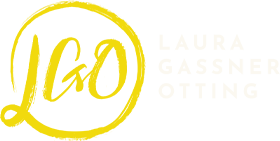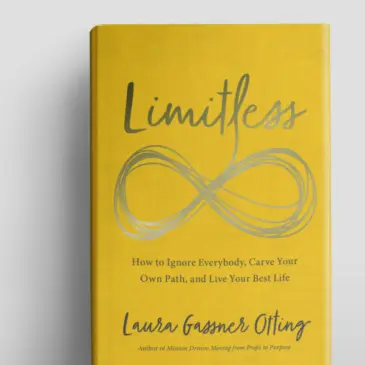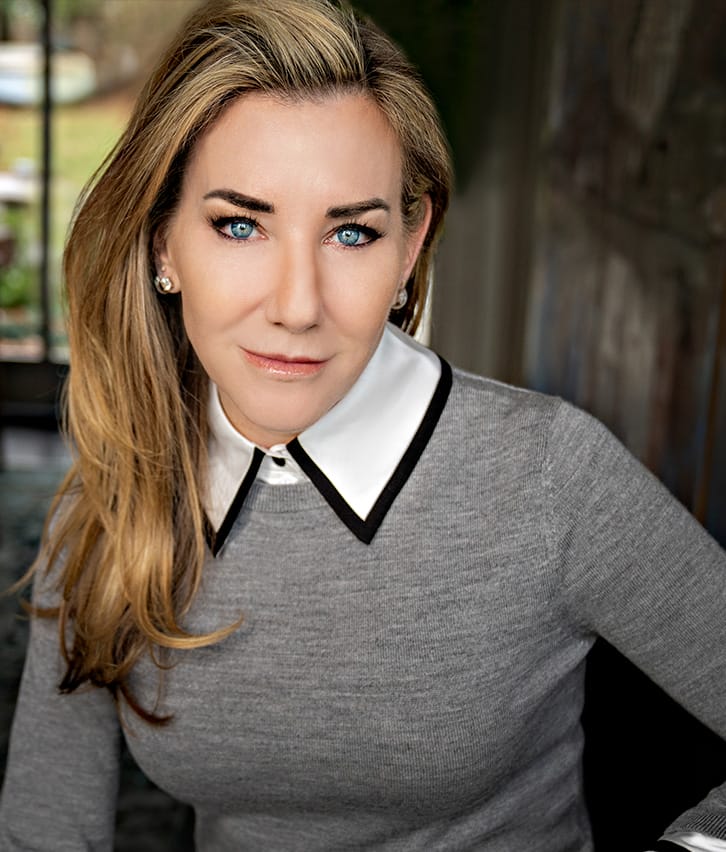I wrote a self-help book.
About a month after my book, Limitless: How to Ignore Everybody, Carve Your Own Path, and Live Your Best Life came out — debuting at #2 on the Washington Post Bestseller list right behind Michelle Obama’s Becoming — I had a crushing realization: I wrote a self-help book.
I thought I wrote a business and careers book. The book is, after all, based on my 20 years of experience, interviewing thousands of leaders in the midst of tectonic career shifts. It examines and, I hope, answers the question: Why doesn’t success make us happy? It is filled with stories of people who made specific and thoughtful changes to themselves, their workplaces, or their careers in order to actually find happiness in their success.
I thought I wrote a business and careers book. It turns out that I wrote a self-help book.
So, I called my publisher, aghast, and said, “Rohit, I can’t believe it. I think I wrote a [whispered in horror] self-help book.”
Rohit replied, “Um, duh.”
And then he tried to dress my dismay by regaling me with statistics about the size of the self-help market versus the business market and weaving tapestries about the future potential of the Limitless brand for all aspects of life. I wasn’t buying any of it. I thought self-help was light, thin, fluffy cotton candy bullshit of quick hit dopamine dead ends.
I thought that self-help was a wasteland of trite, mindless drivel, passed along through reposts of Instagram memes by girls in flower crowns who were breathing into their liver energy with the third eye of their eight chakras while staring out longingly across a golden hour lit field of peonies.
It turns out that I couldn’t have been more wrong. The self-help genre is filled with authors and speakers that are empowering readers and audience members to take control of their lives, giving them the courage to make big changes, constructing for them a framework and translating for them a language that makes dreams reality. And, I know this because audience members come up to me every single time I get off stage and say, “Thank you for giving me permission to finally go live the life I was meant to live.”
But here’s the kicker: I never even use the word “permission” on stage, and I think it’s only used once even in all of the books. Readers and audience members give themselves permission because they take the Limitless framework and can see themselves inside of it. I give them the help, but they bring the self.
And if that framework is business and careers, but the help is self, all the better.
Want more stories like this?



